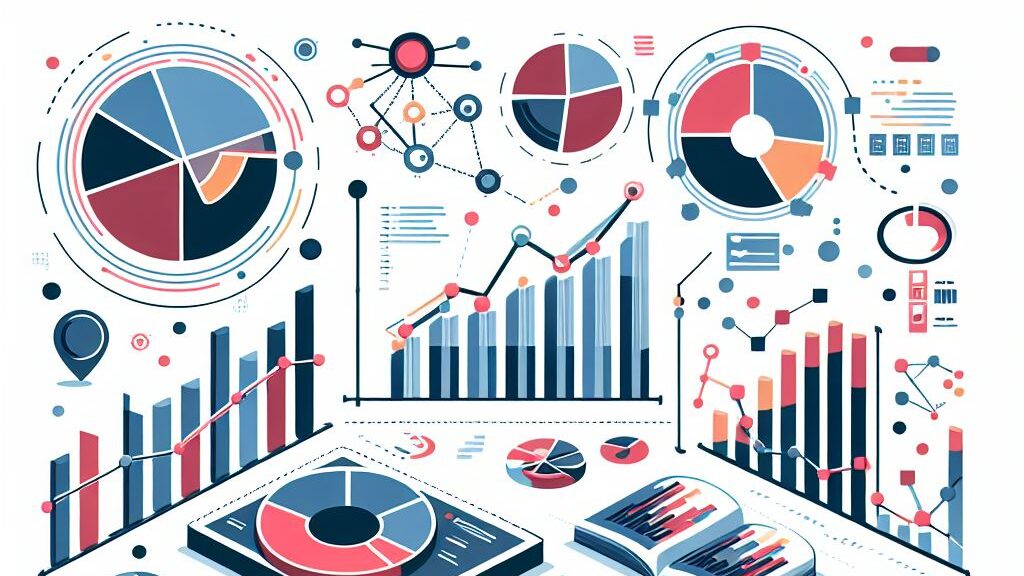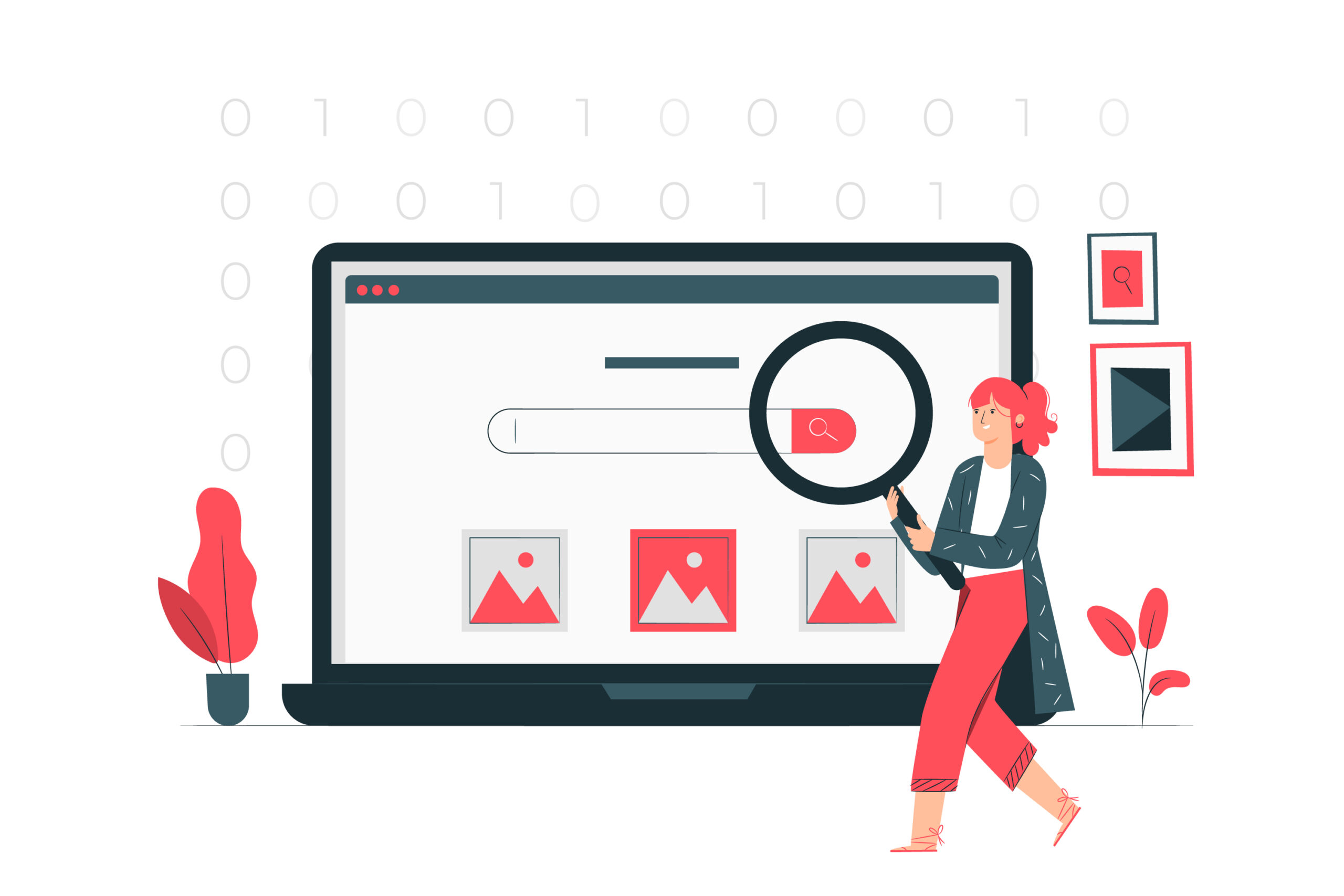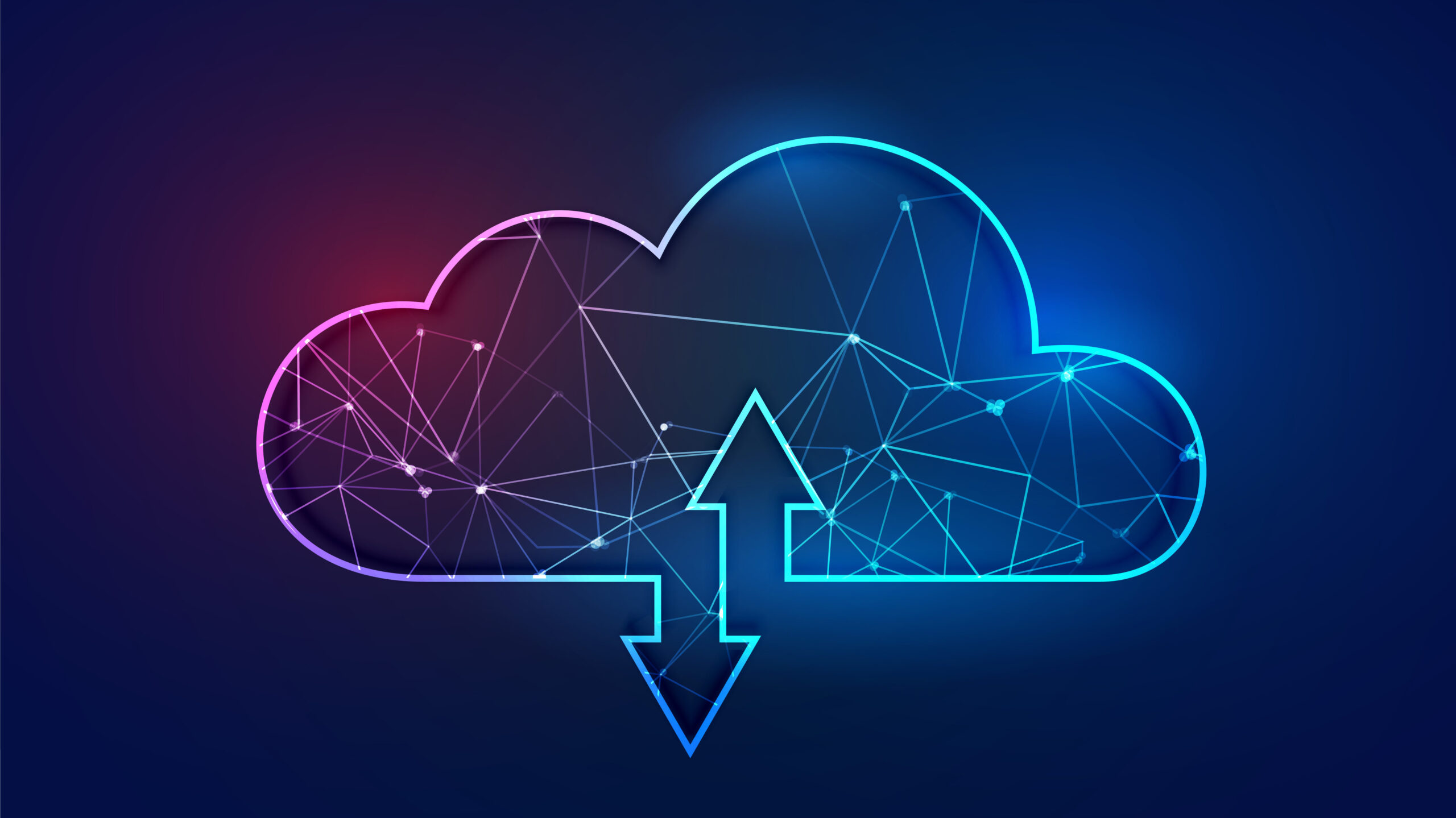
Data Analysis Demystified: Dive into Insights
Data analysis is a fundamental aspect of extracting meaningful insights from raw data. It involves the process of inspecting, cleaning, transforming, and modeling data to uncover patterns, trends, and relationships. This process is crucial for businesses, researchers, and decision-makers to make informed decisions and solve complex problems. The primary goal of data analysis is to…








